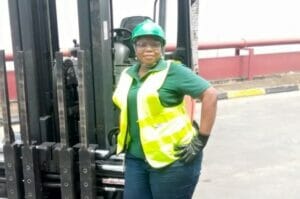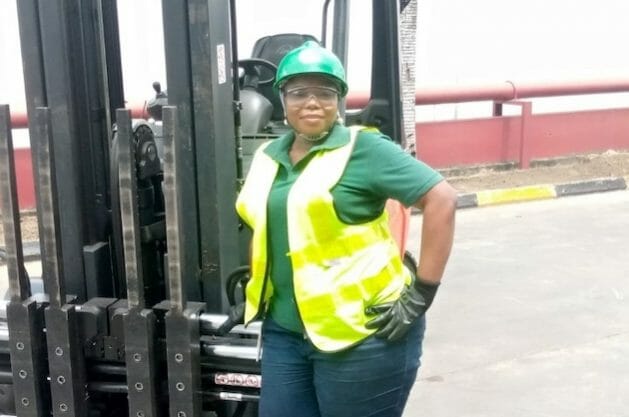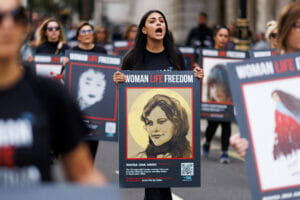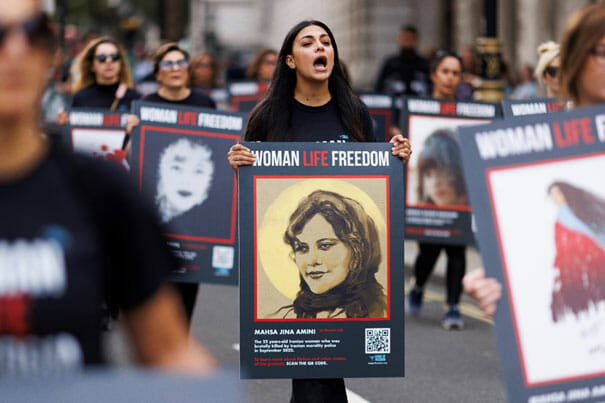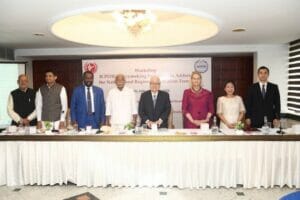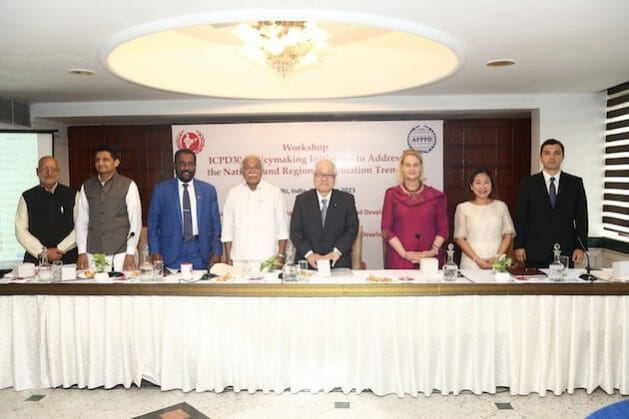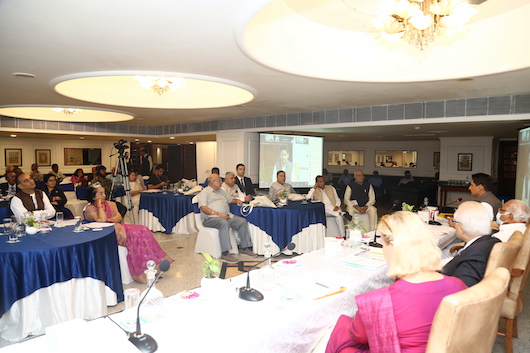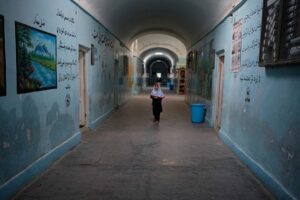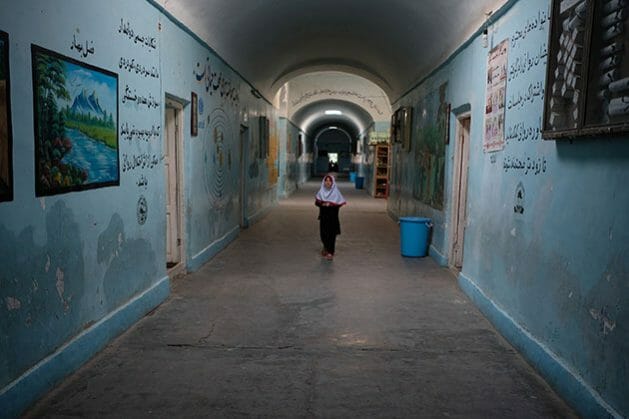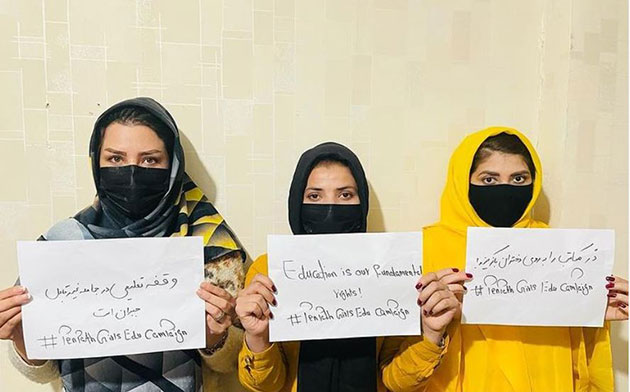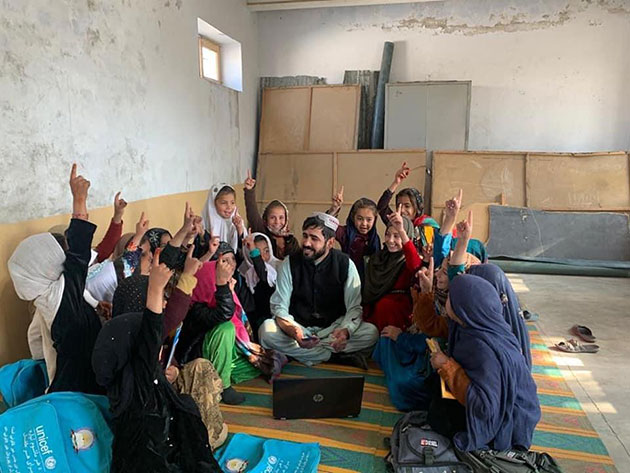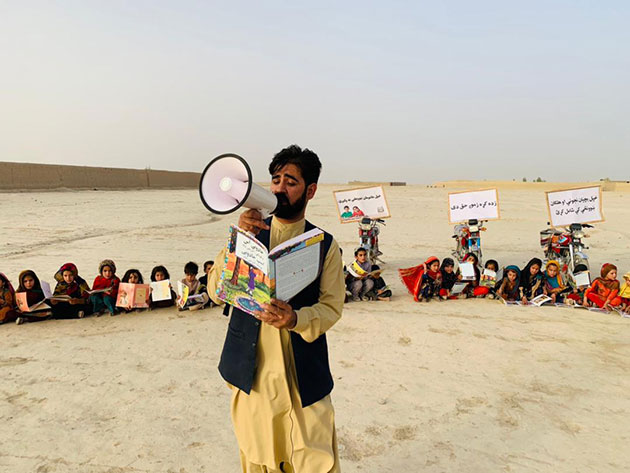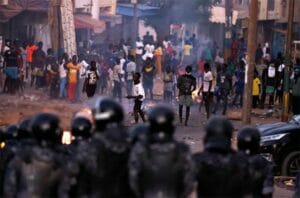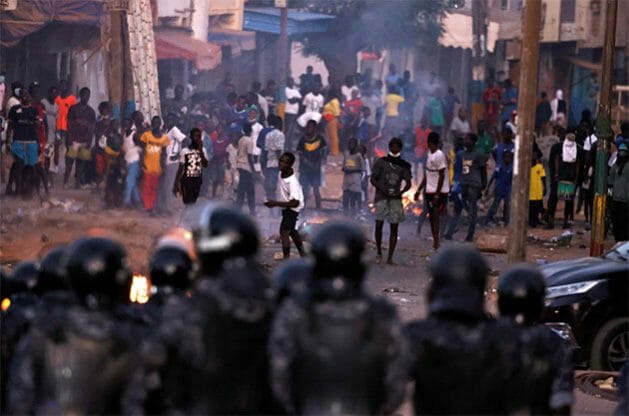
Civil Society, Featured, Gender, Headlines, Health, Human Rights, Latin America & the Caribbean, TerraViva United Nations, Women’s Health
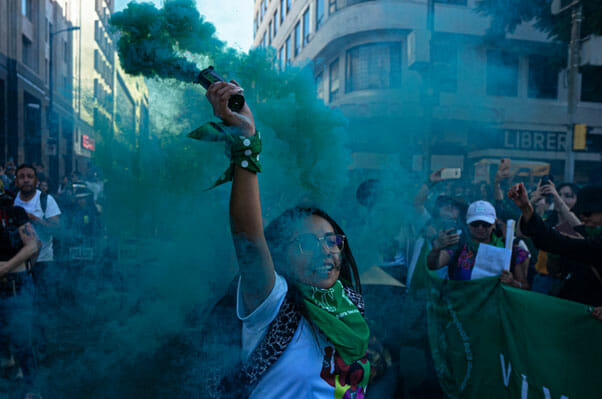
Crerdit: Silvana Flores/AFP via Getty Images
– Mexico’s Supreme Court recently declared abortion bans unconstitutional, effectively decriminalising abortion throughout the vast federal country, so far characterised by a legislative patchwork.
The ruling came in response to a lawsuit filed by a civil society organisation, Information Group on Reproductive Choice. It forces the Federal Congress to repeal the Federal Penal Code articles that criminalise abortion. Effective immediately, those seeking abortions and those providing them can no longer be punished for doing so. The ruling also enshrines the right to access abortion procedures in all institutions of the federal health system network, even in states where the crime of abortion remains on the books.
Global trends
Mexico is part of a global, long-term trend of progress in sexual and reproductive rights. According to the Center for Reproductive Rights, the vast majority of countries that have changed their national abortion laws over the past couple of decades have made them less restrictive. Only four countries have gone the other way: El Salvador, Nicaragua, Poland and the USA.
Several Latin American countries have been swept by the ‘green tide’ that originated in Argentina, increasingly liberalising abortion laws. Before the 2010s, abortion was legal in only one Latin American country, Cuba. It was legalised in Uruguay in 2012, and eight years later in Argentina. Colombia decriminalised abortion in February 2022, and other countries, such as Chile and Ecuador, have since made it legal on limited grounds, notably when pregnancy is a result of rape – which women’s rights organisations see as a milestone on the road to full legalisation.
Globally, abortion is currently legal on request in 75 countries, often until 12 weeks into pregnancy. Around a dozen more allow it for broad socio-economic reasons. Many more permit it for specific reasons such as health grounds or to save a pregnant person’s life.
But abortion remains banned under any circumstances in 24 countries, and overall 40 per cent of women of reproductive age live under restrictive abortion laws. These restrictions have a significant impact on women: it’s estimated that unsafe abortions costs the lives of 39,000 women and girls every year.
A legislative patchwork
The trend towards decriminalisation in Mexico kicked off in 2007 in Mexico City, and it took 12 years for another state, Oaxaca, to follow its lead. Change accelerated in recent years, with Hidalgo and Veracruz legalising abortion in 2021.
In September 2021, the federal Supreme Court issued its first-ever decision on abortion rights, unanimously recognising a constitutional right to safe, legal and free abortion services within a ‘short period’ early in pregnancy, and on specific grounds later. The ruling came in response to a lawsuit against the state of Coahuila, which imposed prison terms of up to three years for voluntary abortion.
Although this ruling only applied to Coahuila, it had a wider impact: judges in other states were no longer able to sentence anyone for the crime of voluntary abortion in the early stages of pregnancy.
Two days after this judgment, the Supreme Court addressed another lawsuit concerning the state of Sinaloa, issuing a ruling that declared it unconstitutional for state laws to redefine the legal concept of personhood by protecting ‘human life from conception’. And soon after, it declared invalid the principle of conscientious objection for medical practitioners in the General Health Law. A couple of months earlier it had ruled unconstitutional the time limits set by some states for abortions in cases of rape.
By the time of the Coahuila ruling, only four federal entities allowed abortion on demand up to 12 weeks. But several have changed their laws since, and by the time of the latest Supreme Court ruling, abortion on demand was already legal in 12 of Mexico’s 32 states. All states also allowed abortions for pregnancies resulting from rape, most allowed abortion when necessary to save a pregnant person’s life, and several allowed it in cases of risks to a pregnant person’s health or severe congenital foetal abnormalities.
Regional experience however suggests that making abortion conditional on exceptional grounds that must be proven tends to result in denial of access. Additionally, in Mexico, access by particularly vulnerable women has often been restricted through resistance in bureaucracies and medical institutions, even in states where abortion is legal.
Now Congress has until the end of its current session, which runs until 15 December, to amend the Penal Code clauses that criminalise abortion. But even after this, abortion will continue to be a state-level crime in 20 states. This means that abortion complaints will continue to be filed in those states. In most cases judges will ultimately have to dismiss the charges – but women will continue to be subjected to unnecessary barriers and uncertainty. For this reason, the women’s rights movement is pushing locally for decriminalisation in every Mexican state.
Effective access the next struggle
Mexican women’s rights groups are getting ready for what promises to be a long battle for effective access. They feel confident, for now, that thanks to decades of hard work public opinion is on their side. But they know that, while there may be less up-front resistance than before, there are still powerful forces against change. Resistance manifests in the imposition of barriers to prevent effective access to what is now recognised as a right, particularly for people from the most excluded groups in society.
Denial of access can take many forms: long waiting times, the need for multiple doctors’ appointments and parental or marital consent, disinformation and the extension of conscientious objection from individual health personnel to entire institutions.
Sexual and reproductive health, including abortion procedures, is basic healthcare and should be easily accessible to all. Mexican feminists know this, and will continue fighting to change both policy and minds so nobody is denied access to their rights.
Inés M. Pousadela is CIVICUS Senior Research Specialist, co-director and writer for CIVICUS Lens and co-author of the State of Civil Society Report.

